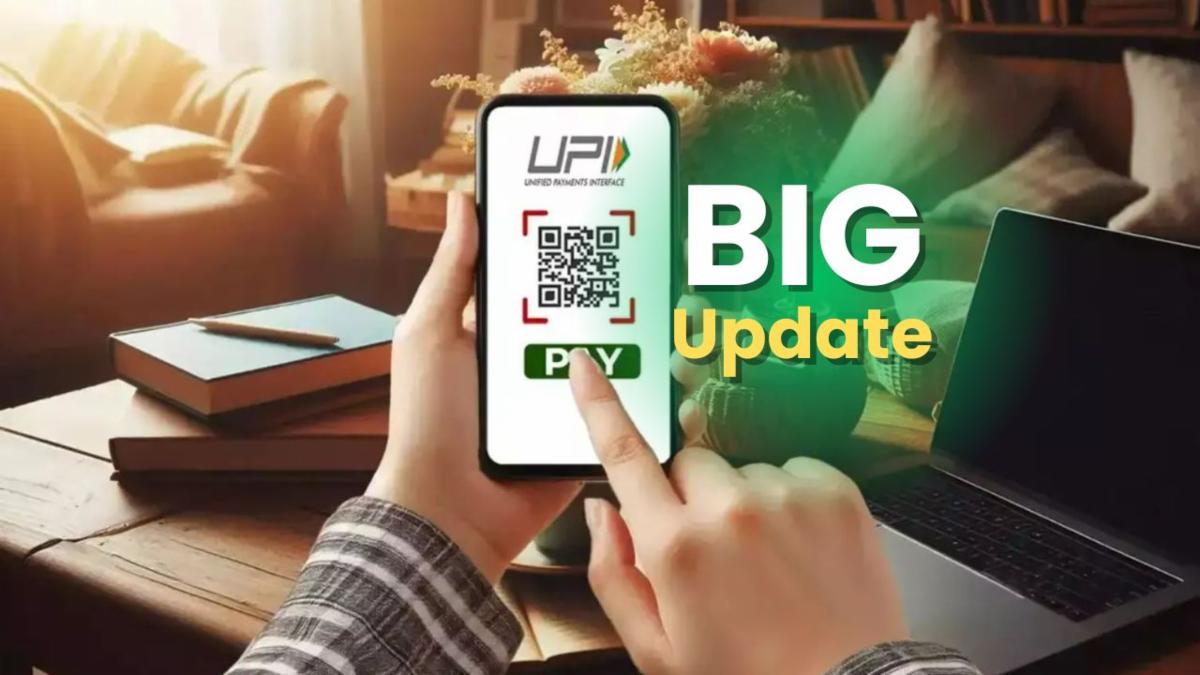Article Body
New Delhi, July 16, 2025.
There is a big relief news for crores of consumers of Digital India. Now if your UPI transaction fails or money is accidentally transferred to a wrong account, then you have got rid of long waiting and paperwork. The National Payments Corporation of India (NPCI) has implemented new guidelines, revolutionizing the chargeback system of Unified Payments Interface (UPI).
What is the new change?
Now banks will not need prior approval of NPCI to file a "Good Faith Chargeback". Banks can automatically start the chargeback process on genuine, honest complaints of customers after their internal investigation, which will refund the money faster. This system has come into effect across the country from July 15, 2025 and has been named "RGNB" (Remitting Bank Raising Good Faith Negative Chargeback).
Big banks get autonomy
Till now, the process was that the bank had to manually ask for whitelisting from NPCI on repeated chargeback requests, which was very time consuming. Often customers had to wait for several days for their money. Under the new system, if the bank clearly believes that the complaint is correct, then under the rules, it will immediately register a chargeback and start the refund process.
Who will get this facility and when?
- The new rules will be especially beneficial for customers in these circumstances:
- Payment being made to a wrong UPI ID or account by mistake
- Unauthorized or fraudulent transactions
- Failed transactions i.e. money was debited but did not reach the receiver
- Merchant dispute (not getting goods or service after payment)
- Irregularities like overcharging or duplicate transactions
What is the responsibility of banking?
NPCI has given strict instructions to banks to implement this system only in genuine and accurate cases. If the system is misused, such as to avoid penalties or fines, action can be taken against the concerned bank.
How will the new system work
- “Now if a UPI user’s complaint is found to be true, the bank can raise a chargeback through RGNB immediately. NPCI approval is not required — this will give the customer a much faster refund than before.” -- Technology Expert
- The customer complains to the bank.
- The bank conducts its internal investigation.
- If the complaint is found to be true, the bank directly files a chargeback under the RGNB Mechanism.
- Without NPCI approval, the money is transferred back to the customer’s account or wallet.
Why was this change necessary?
There are more than 11.4 billion UPI transactions in India every month. In such a large volume of transactions, even a mere 0.1% dispute affects millions of users. Especially for rural and elderly users, unnecessary paperwork, technical difficulties and loss of time were big issues. NPCI's new rule will not only make digital transactions faster, but also transparent and reliable.
The credibility of the digital payment system will get a new flight
This change has been made in the UPI ecosystem by keeping the customer interest at the center. Now the digital payment sector will not only be technically stronger, but will also get quick and human solutions to customer complaints. Such a step can see a huge reduction in problems like online fraud, dissatisfaction with transactions and digital migration.
What Experts' opinion
According to experts in the infotech industry, transparency will increase with NPCI's monitoring in the backend and further accountability of banks. Consumer rights will be strengthened and customer trust in digital tools will deepen.
Now,What's next?
Sources associated with the banking sector say that NPCI will monitor cases of chargeback abuse from time to time. Customer-friendly instructions and model case studies can also be issued in the coming months, so that every bank can implement this process correctly.


Comments